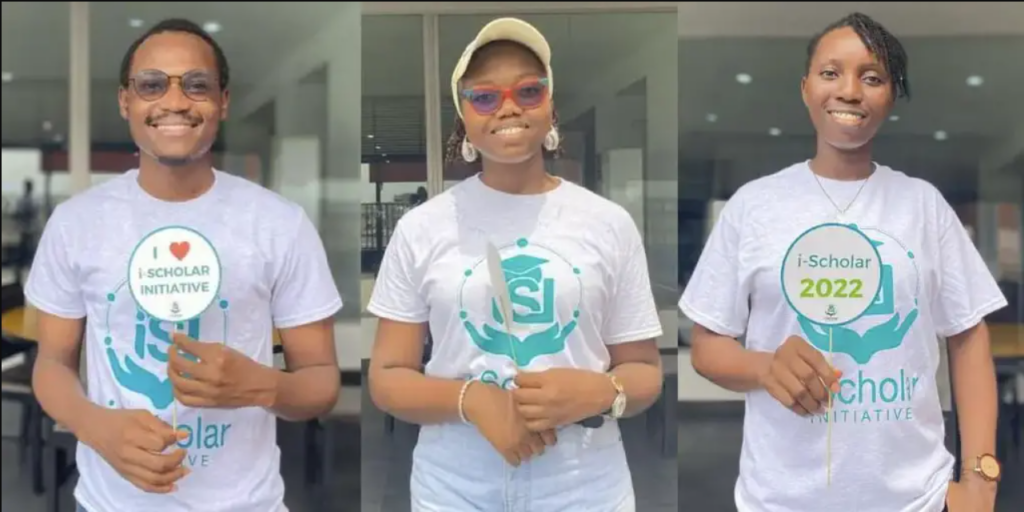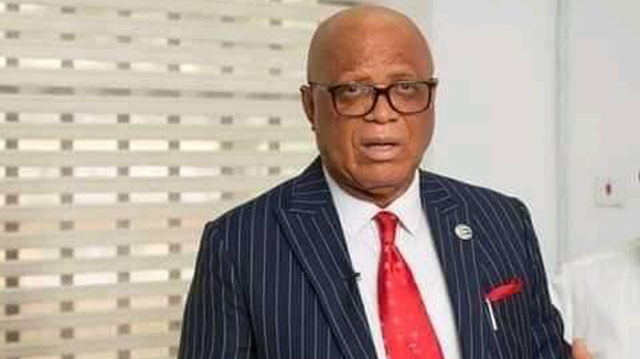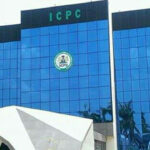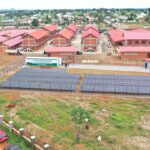 Provide grant to indigenous solar developers
Provide grant to indigenous solar developers
Nigeria, European Union and the German government are considering locally made solar panels in Nigeria with a €9.3 million fund designed to scale up access to electricity in rural communities.
The funding, which was provided to eight local solar mini-grid developers in Abuja, yesterday, through the Rural Electrification Agency (REA), is coming under the Nigerian Energy Support Programme (NESP).
The winners emerged through the Mini-Grid/Interconnected Mini-Grid Acceleration Scheme, which was set up to encourage more solar mini-grid projects in Nigeria and facilitate access to reliable and affordable electricity, especially in unserved and underserved areas of the country.
The eight developers are: Acob Lighting Technology Limited, Gve Projects, Nayo Tropical Technology Limited, Rubitec Nigeria Limited, Darway Coast Nigeria Limited, Havenhill Synergy Limited, Sosa-Protergia Joint Development Company Limited, and A4&T Power Solutions Limited
Speaking at the Grant Agreement Sign Off ceremony in Abuja, Minister of State for Power, Goddy Jedy-Agba, said more communities across the country would be electrified through the plan, adding that Nigeria remains open to opportunities that would achieve acceleration of electrification.
Jedy-Agba said: “The Federal Government of Nigeria is appreciative of the support from Nigerian Energy Support Programme (NESP) towards providing reliable electricity in Nigeria.
“We understand that one of the major bottlenecks for the private sector’s involvement is financing; hence, the reason NESP and REA have worked closely to develop and implement the Interconnected Mini-grid Acceleration Scheme.”
Managing Director REA, Ahmad Salihijo, said the grant would facilitate solar mini-grid projects and ensure increase in rural access to reliable and affordable electricity.
He noted: “As contained in the Agreement, the cost of the grant assets will not be included in the cost of development to achieve affordable and appropriate electricity tariffs for those in the rural and peri-urban areas where these projects will be implemented.”
Executive Director, Rural Electrification Fund, Sanusi Ohiare, noted that while investors are being encouraged to explore the solar mini-grid sector, a major constraint to their project development remains finance.
According to him, REA, with the support of NESP, was able to reduce the challenge by providing capital in-kind grant to selected mini-grid developers on favourable and encouraging terms as contained in the grant agreement.
Head of Section – Green Economy at the European Union Delegation to Nigeria and ECOWAS, Inga Stefanowicz, who was at the programme, noted that the financial support represents EU’s commitment to support Nigeria in efforts to enable more investments in the solar mini-grid sector.
He said: “We hope that our contribution will help improve access to reliable and affordable electricity in Nigeria, especially in disadvantaged areas of the country, hence, advancing the living standards of rural and peri-urban dwellers using renewable sources of energy.”
Country Director of GIZ Nigeria and ECOWAS, Ina Hommers, said the provision of capital in-kind grants to developers in the solar mini-grid sector would ensure higher investments in the sector.












